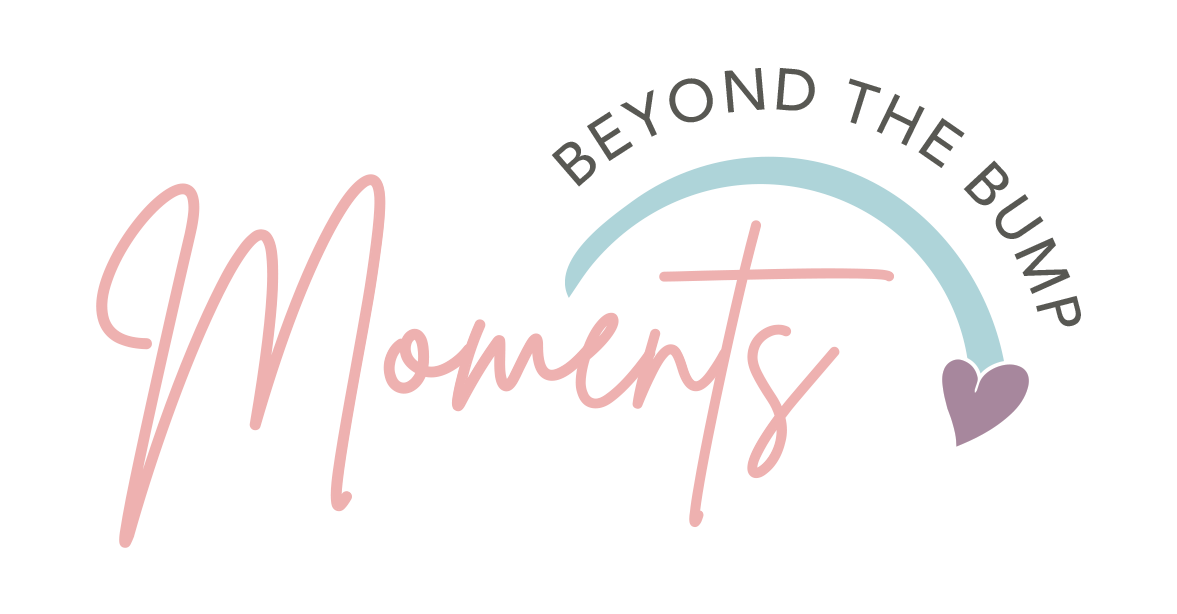Postpartum Truths
Motherhood begins with a transformation so big, it reshapes everything—your body, your identity, your relationships, and your rhythms. Yet somewhere along the way, our culture started selling a version of postpartum that looks more like a "bounce back" highlight reel than the honest, layered journey it actually is.
So for this month of self-care, let’s talk about some real postpartum truths—because knowing what’s normal, what’s hard, and what’s worthy of support can make all the difference.
Truth #1: You Don’t Have to “Bounce Back”
Your body isn’t broken—it just spent the better part of a year growing and nourishing a human being. Then, in a moment of extraordinary strength, it birthed that human into the world. Expecting it to “bounce back” in six weeks is not only unrealistic—it’s harmful.
Research shows it can take up to two full years for a woman’s body to heal after birth. That includes hormonal rebalancing, pelvic floor recovery, tissue repair, and mental/emotional regulation. Recovery is not linear, and it’s not quick. You deserve patience, not pressure.
Truth #2: Mental Health Is Physical Health
Postpartum mental health is health. Anxiety, depression, rage, and intrusive thoughts are more common than most people realize. If you feel overwhelmed, detached, constantly worried, or not quite like yourself, it’s not a personal failure—it’s a sign you need (and deserve) support.
One in seven women experiences postpartum depression. And many more struggle silently, thinking what they feel is just part of the job. But you don’t have to suffer to be a good mom. You don’t have to do this alone.
Truth #3: Healing Looks Different for Everyone
Some people feel physically fine in a matter of weeks but struggle emotionally for months. Others recover mentally but have lingering physical issues—diastasis recti, pelvic floor dysfunction, pain, or exhaustion that persists far beyond the newborn stage.
There’s no timeline. No universal checklist. Your healing is valid, even if it doesn’t look like anyone else’s.
Truth #4: Support Shouldn’t End at 6 Weeks
Six-week postpartum checkups are the norm—but they’re not enough. Most women need ongoing care, community, and compassion well beyond the initial recovery period. This might look like:
Physical therapy
Lactation support
Sleep coaching
Meal delivery
Therapy or support groups
Someone to simply ask, "How are you doing?"
You deserve care beyond survival.
Truth #5: You Are Still Becoming
Postpartum isn’t a return to who you were—it’s the becoming of someone new. That shift can feel beautiful, bittersweet, confusing, or all of the above. And it’s okay to grieve the parts of you that feel lost while also embracing the person you're becoming.
Your worth isn’t measured by how fast you can function again. It’s measured by the love, resilience, and intention you bring to this incredibly sacred—and often unseen—work.
A Final Word of Encouragement
This month (and every month), let self-care mean more than bubble baths. Let it mean acknowledging your needs, speaking your truth, and giving yourself permission to not be okay every second of the day.
Healing takes time. Identity shifts take time. You deserve time. And you deserve care that honors every part of this journey.
If no one has told you this today: you are doing an incredible job. You are worthy of rest, help, healing, and softness.
You don’t need to bounce back. You just need space to become.
